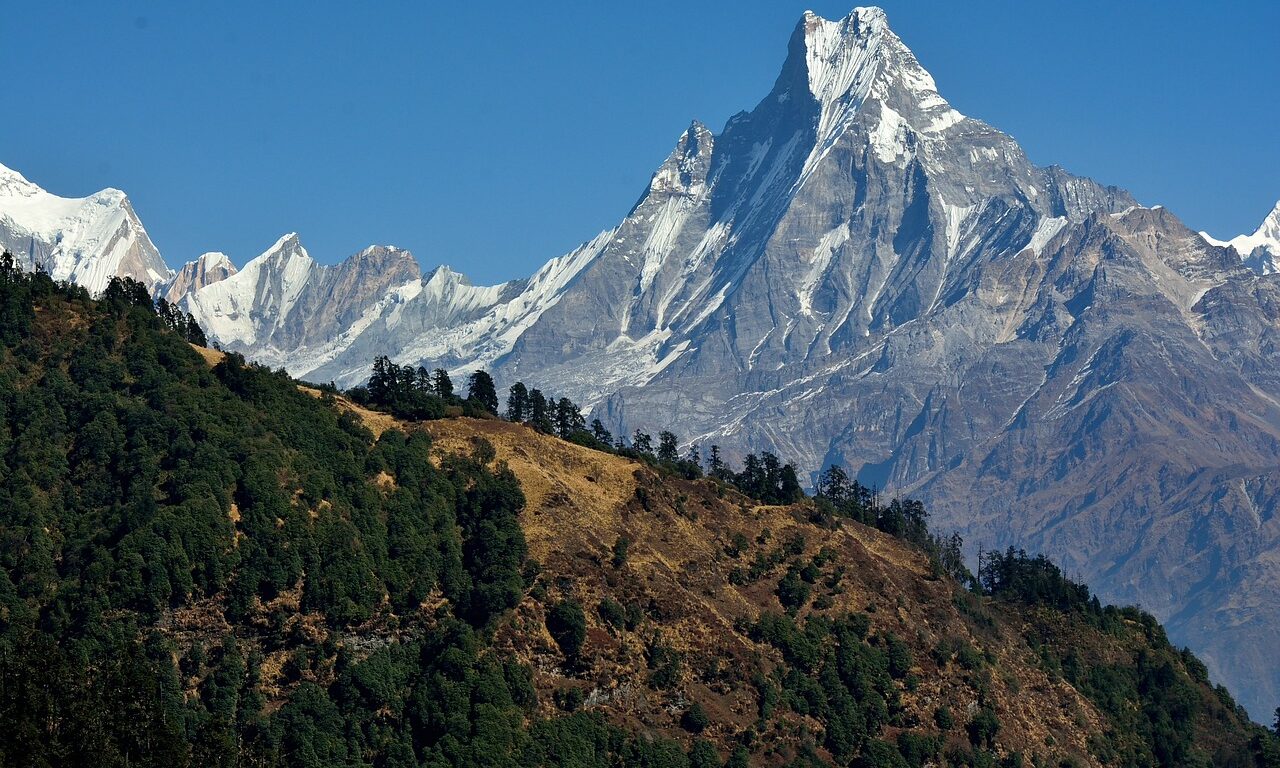Sleeping at Altitude – Tips from the Team

The Importance of Quality Sleep at Altitude: Tips for a Restful Night
Sleep is a fundamental aspect of our well-being, influencing both our mood and performance. However, when it comes to sleeping at altitude, unique challenges may arise. Whether you’re a seasoned mountaineer or simply exploring high-altitude destinations, understanding the importance of quality sleep and adopting effective strategies can significantly enhance your overall experience.

How Sleep Influences Mood and Performance
Quality sleep is a cornerstone of mental and physical health, and its impact on mood and performance is undeniable. At altitude, the effects of sleep become even more pronounced. Adequate rest helps regulate mood, reduce stress, and improve cognitive functions, all of which are crucial when navigating challenging terrains or engaging in high-altitude activities.
Altitude and Sleep Quality
At higher elevations, reduced oxygen levels and changes in atmospheric pressure can pose challenges to a good night’s sleep. To optimize sleep quality at altitude, consider the following tips:
- Acclimatize Gradually: Prioritize gradual acclimatization to allow your body to adjust to changes in altitude. Gradual exposure helps minimize the impact on sleep patterns and overall well-being.
- Stay Hydrated: Dehydration can exacerbate the effects of altitude on sleep. Ensure you stay well-hydrated by drinking plenty of water, particularly in arid mountain environments.
- Choose the Right Sleeping Gear: Invest in quality sleeping gear designed for colder temperatures. A comfortable sleeping bag and proper insulation can make a significant difference in ensuring a warm and cozy night’s sleep.
- Maintain a Consistent Sleep Schedule: Stick to a consistent sleep schedule, even at altitude. Going to bed and waking up at the same time each day helps regulate your body’s internal clock, promoting better sleep.
- Consider Altitude-Friendly Supplements: Some individuals may benefit from altitude-friendly supplements, such as melatonin, to help regulate sleep patterns. Consult with a healthcare professional before incorporating any supplements into your routine.
What Not to Do to Improve Sleeping at Altitude
While adopting positive sleep habits is crucial, avoiding certain practices is equally important. Here are some things to steer clear of when trying to improve sleep at altitude:
- Excessive Alcohol Consumption: While a nightcap may seem appealing, alcohol can disrupt sleep patterns, especially at altitude. Limit alcohol intake to improve the quality of your rest.
- Heavy Meals Before Bed: Consuming heavy meals before bedtime can lead to discomfort and indigestion, impacting sleep. Opt for lighter, easily digestible meals in the evening.
- Overexertion: Engaging in strenuous activities close to bedtime can hinder relaxation and make it more challenging to fall asleep. Allow time for your body to wind down before heading to bed.

Additional Tips for a Restful Night
- Mindful Breathing Exercises: Practice mindful breathing exercises to help calm the mind and reduce stress. Deep, slow breaths can contribute to a more restful sleep experience.
- Blackout Shades: Invest in blackout shades for your sleeping area to block out external light, which can be more intense at higher altitudes. Creating a dark environment can aid in melatonin production and promote better sleep.
- Sleeping in a Semi-Upright Position: Elevating the upper body slightly can help alleviate symptoms of altitude sickness, such as shortness of breath. Experiment with pillows or adjustable sleeping arrangements to find a comfortable position.

Conclusion
Sleeping at altitude presents unique challenges, but with careful consideration and the implementation of practical strategies, you can enjoy restful nights and maximize your performance during the day. By prioritizing acclimatization, staying hydrated, and adopting healthy sleep habits, you can ensure that your high-altitude adventures are not only thrilling but also rejuvenating for both body and mind. Sweet dreams await those who understand the importance of quality sleep, even when the air gets thin.
Sleeping at Altitude – Learn more with us
Along side ski instructor courses, at Subzero Coaching we organise and run the IASI Alpine Strength & Conditioning Induction course. This a one week course dedicated to all interested in getting to know more about nutrition, fitness training, coaching methods, long term athletes development and much more. Open to all, from recreational skiers to ski instructors and coaches!
